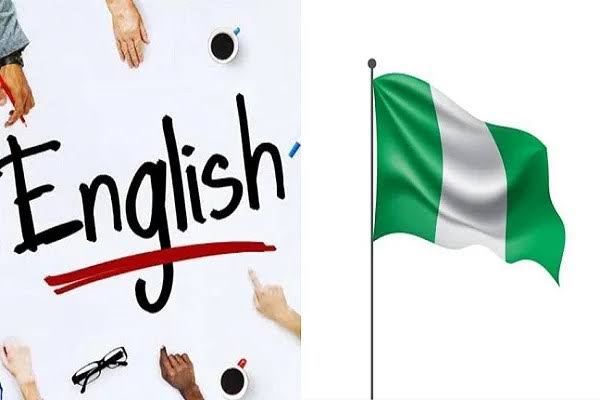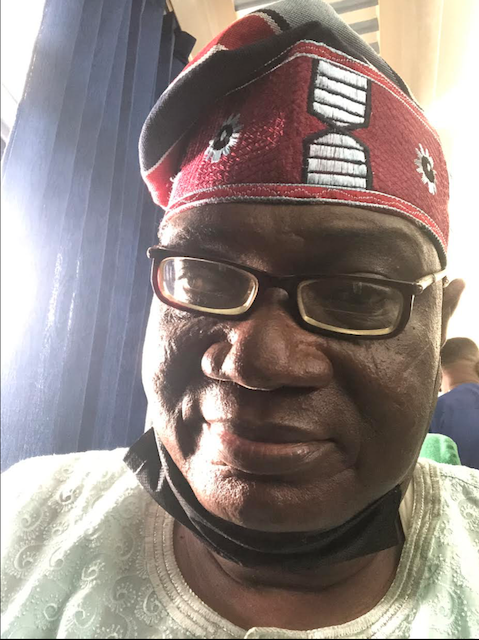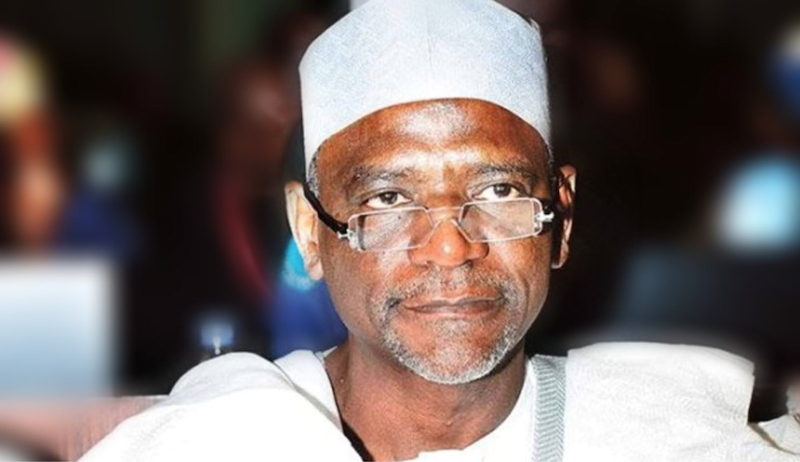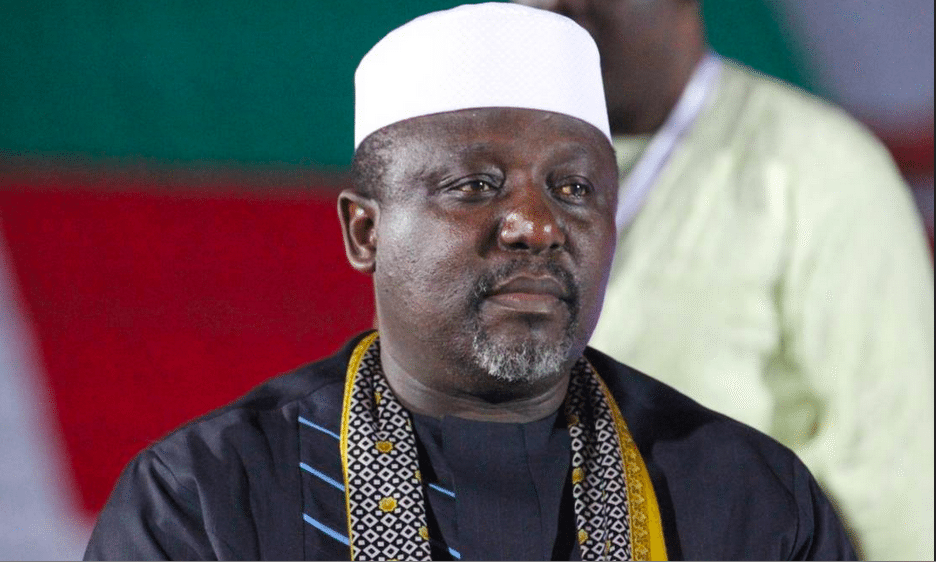It’s quite refreshing that after many years of dithering over this vital issue which strikes at the heart of survival of many ethnic groups in the country, the Federal Government has now approved a new National Language Policy which makes the mother tongue the language of instruction at the primary level, that is the first six years of education. It also says this will be taught along with English in the first three years of secondary education.
This is obviously a significant step by the administration of President Muhammadu Buhari to ease the worries of many experts who argue that several indigenous languages in the country were either threatened with extinction or on the wane. While lauding this move, implementation may not be a cakewalk. Getting a huge load of teachers to pull this through could be like looking for a pin in a haystack as many of the country’s tertiary institutions do not teach indigenous languages.
Nigeria with 20 million out of school children, according to UNESCO, has a total of 116,925 primary schools from figures posted in 2019. This includes 61,921 public primary schools and 55,004 private primary schools. It will certainly be a Herculean task seeking to give vent to the language policy.
About this time last year, the Speaker, Taraba State House of Assembly, Prof Joseph Albasu Kunini, stridently called on the nation’s varsities and parents to urgently intervene and save the bulk of the country’s over 500 indigenous languages from going extinct, reeling out chilling statistics that 50 percent of the world’s 6,500 languages would be gone by the end of this century.
Speaking at a one day symposium on “Creative Writing, Poetry and Film Production,” organised at the Taraba State University, in a story published by the online medium, Nigerian Democratic Report (NDR), Kunini, a professor of Management with specialization in Corporate Governance, lamented that the over 40 languages in the north central state in particular were under threat of extinction.
“If concrete actions were not taken to reverse the ugly trend, the present generation would have nothing to bequeath to posterity in terms of traditional languages and cultures,” he told participants at the symposium jointly organized by Department of Languages and Linguistics, Faculty of Arts and National Association of Languages and Linguistics Students, Taraba State University, Jalingo.
The Taraba State Speaker also cited ‘UNESCO Atlas of the World’s Languages in Danger’ which disclosed that between 1950 and 2010, about 230 languages went into extinction, revealing that a third of the world’s languages now have fewer than 1000 speakers left.
“In every two weeks, a language dies with its last speaker; that about 50-90 percent of them are predicted to go extinct in the next century.
“In other words about 600 languages have already gone extinct and most linguists have estimated that about 50 per cent of the world’s 6,500 languages would be gone forever by the end of this century.”
He said, “although it is generally believed that some languages are in danger of extinction because of globalization, imperialism, neocolonialism and linguicide (language killing), in our own case, the blame should be taken to the door-steps of parents who deliberately refused to teach their children their languages or mother tongues at infancy, because of modernity.
“They prefer teaching their children dominant languages, thereby relegating their own languages to the background; in fact, some of the parents believe that teaching their children dominant languages or lingua franca is key to accessing jobs, education and opportunities.
“Therefore, the Department of Languages and Linguistics of this great institution should come to the rescue of the dying languages or endangered languages spoken by the numerous ethnic groups in the State in particular and the country generally through research and promotion of programmes such as this symposium.”
Payiing glowing tributes to two prominent Europeans who spent several years in the country studying native languages and wrote books on them that have since become reference materials by scholars and writers, Kunini said, “I must pay glowing tribute to a European scholar, Robert Koop, who lived among the Kuteb people in this State and spent several years studying their language and translated the New Testament Bible into Kuteb language and also wrote a book, ‘A Grammar of Kuteb: A Jukunoid Language of East-Central Nigeria’ published in 2009.
“Another European scholar, C.K. Meek, who spent many years in this part of the country to study the languages of different ethnic groups, wrote a book, ‘A Sudanese Kinfdom: An Ethnographical Study of the Jukun-Speaking Peoples of Nigeria’ published in 1931,” he said.
Also writing on the crisis of indigenous languages, The Guardian in the Editorial of Thursday, December 2, 2021, says “The consequences of the skewed nature of the Nigerian state are boundless. One fundamental area in this regard is the undermining if not ossification of indigenous languages, especially that of the minorities.
“The Movement of the Survival of Ogoni People (MOSOP) alarmed by this development in the 1990s articulated a response to it in the Ogoni Bill of Rights to the extent that it desired internal autonomy of people to develop the Ogoni language in an estimated population of half a million.”
According to The Guardian, “the 2018 Ethnologic Data listed Nigeria as having 526 languages. Of these, 519 are said to be living languages while seven are already extinct. Of the living languages, 509 are indigenous and ten are non-indigenous. Furthermore, 19 are institutional, 78 are developing, 348 are vigorous, 30 are in trouble and 44 are dying.
“A recent report on the “Status of Indigenous Language Broadcasting in NIGERIA” by a Communications Scholar, Prof. Umaru Pate, says, “Of the figure, three are national major languages, 13 are state languages, and over 44 are local languages.”
It quoted the report thus, “Languages considered either too small or non-dominant in any existing political or administrative territory were not listed. Some of the languages are spoken across states with national prevalence and large number of speakers while the majorities are restricted to specific locations in the states and local governments.”
The paper also blamed the problem of withering of the nation’s indigenous languages on the feet of our universities.
“It is interesting to note the general condescending approach of our country’s universities to the study of indigenous languages. Apart from the three main languages – Hausa, Yoruba and Igbo and others like Edo (Bini), Kanuri, Fulfude and Urhobo, which are taught in some universities across Nigeria, virtually all the languages of the minority groups are not taught even by universities located where the languages are largely spoken.
“For instance, neither the University of Port Harcourt, Federal University, Otuoke and Niger Delta University offer Izon (Ijaw), the language of a group said to be the 7th most populous in the country nor any local languages in the Niger Delta in spite of their location in the area. This is not salutary to the earlier epic work by acclaimed British Linguistics Scholar, Prof. Kay Williamson to promote the Izon language.
The Bayelsa State Government has also been foot dragging on proposals long made by eminent History Professor, Ebiegberi Alagoa, that Izon should be taught in all primary and secondary schools in the state.
In the entire South-south, only the University of Benin, which offers Edo up to PhD level and Delta State University, Abraka that teaches Urhobo at present up to BA level, promote any form of indigenous languages. Although the BA Linguistics/Urhobo began in the 2002/2003 academic session in the Department of Languages and Linguistics, Delta State University, Abraka, it is yet to be upgraded to post graduate level.
The Ambrose Alli University (AAU), Ekpoma, founded in 1981 and located in Edo central senatorial zone, also does not teach Esan nor any Edo languages. Neither does the Edo University, Uzarue floated by the administration of Governor Adams Oshiomhole offer any languages in the northern part of the state.
The University of Jos located in the heart of the Middle Belt does not teach any of the over 230 languages of the area. Plateau State alone has over 70 languages. Neither does the Taraba State University, Jalingo, Federal University, Wukari and Kwararafa University also located in Wukari, which ought to be the lever for the development of the languages of the several ethnic group massed in the defunct Kwararafa kingdom. The University of Abuja founded on Gbagyi land does not teach the language.
The Middle Belt which is perhaps the most diverse region of the country, consists of many ethnic groups speaking over 230 languages. Although there is no dominant ethnic group, but among the larger groups as of 1991 are Tiv 5.1 million, Nupe 1.8 million. Others include Idoma, Igede, Ebira, Gbagyi, Igala, Adara, Afizere, Atyap, Baatonum, Bachama (Bwatiye), Bajju; Berom, Jukun, Chamba and so on.
The country’s three main languages – Hausa, Yoruba and Igbo which are more widely taught have elicited greater support over the years. Hausa, which is used by many international broadcast channels is the most influential while the teaching of Igbo currently bedeviled by shortage of Igbo language teachers is threatened.
A renown Linguistics Scholar, Prof Francis Oisaghaede Egbokhare, has adduced the condescending nature of many Nigerian universities to the teaching of the country’s indigenous languages to “colonial mentality and lack of vision”.
Lamenting why our universities are increasingly becoming centers of excellence in modern European languages rather than being experts in the teaching of our over 500 local languages, Egbokhare, also the immediate past president, Nigerian Academy of Letters, blamed what he called “transactional approach to education” where “everything is reduced to dollars and pounds.”
“It’s really sad that we always opt for anything foreign than promoting things around us. It’s like we prefer to train our students to facilitate the development of other countries than our own,” the professor of Linguistics and African languages at the University of Ibadan quipped.
That must be why the Nigerian Association of Linguistics sent a proposal to government via the National Educational Research and Development Council (NERDC), to ensure that all universities teach the language of their area of domicile as part of the new language policy. In fact, scholars like Prof Egbokhare and the NERDC have for many years been pushing hard on this.
Egbokhare, who attained professorship at 37, also fingered the lack of vision by the universities who kept arguing that local languages do not have business appeal to attract many applicants.
“What of if you pair it as a combined honours course like Yoruba and Communication Studies, the same way History is now paired with either International Relations or Strategic Studies,” he reasons in an exclusive interview with the Nigerian Democratic Report (NDR).
Some governments appear to have taken the cudgels on the teaching of indigenous languages. The Akwa Ibom State Governor, Udom Emmanuel in February 2017 directed that all secondary schools in the state must teach Ibibio, now offered as a course at the Akwa Ibom State College of Education. This will make it possible for Ibibio to be offered at the bachelor’s level in later years.
“I am directing the ministry of education to ensure that Ibibio language is taught in all public secondary schools in the state beginning from the next academic session…Teaching of indigenous languages would help the younger generation appreciate their mother tongue and culture as against foreign languages,” he said.
In October 2016, the Akwa Ibom state House of Assembly passed a resolution to make teaching and learning of native languages compulsory in public and private secondary schools. The resolution was made as a result of a motion moved by Aniekan Uko, a member representing Ibesikpo Asutan constituency.
“I am concerned by the depreciation of interest in the speaking of our native languages at homes; and with the way they are handled in schools, our culture and identity are at the risk of extinction.
“If this trend is not checked, our culture, tradition and unity will be threatened and our languages may go extinct upon the death of the older folks,” the lawmaker said.
Tiv language is also now taught at all primary and secondary schools in Benue State with the Federal College of Education, Katsina Ala offering it at NCE level.
Recently, the Esan Okpa Initiative (EOI), a newly created socio-cultural association with a vision to advance the cause of the Esan people, located in the central senatorial zone of Edo State, raised the alarm that the Esan language and culture was on a downward slide, facing imminent extinction. Other Esan groups like the Ikolo Esan, Association of Esan Professional (AEP) and Esan Club 30 had earlier made similar observation.
It is the hope that the Edo State Government will kick start the process for teaching of Esan, leaning on the several texts that have been published by some scholars versed in the language.
Minister of Education, Adamu Adamu says the government is intent on preserving cultures and peculiar idiosyncrasies of different Nigerian ethnic groups, lamenting that so much has been lost due to the extinction of some local languages
While conceding that government is aware that implementation would be difficult, Adamu revealed that the mother tongue would be used exclusively for the first six years of education while it would be combined with the English language from Junior Secondary School.
The Minister noted that though the policy has officially taken effect, it can only be fully implemented when government develops instructional materials and qualified teachers are available.
He explained that the mother tongue to be used in each school would be the dominant language spoken by the community where it is located assuring that all Nigerian languages are equal and would be treated as such.
Iyare, a Senior International Journalist is a Communication & Development Expert





